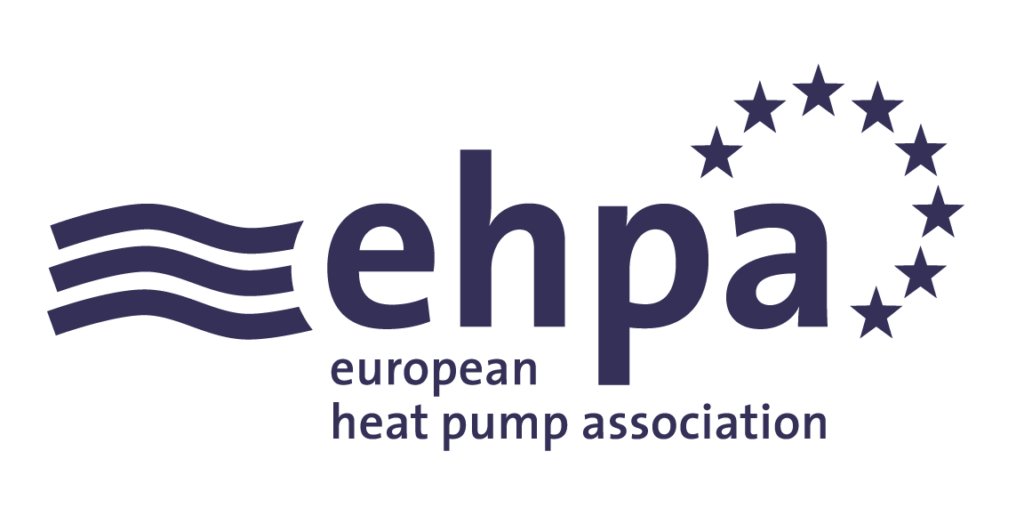Did you miss the recent Heat Pump Forum? Or maybe you want a quick refresher of what was discussed?
You can now watch all the sessions online, and we’ve summarised some of the main themes below!
Do also check out the photos from the event.
1. Heat pumps are central to the energy transition
Heat pumps are politically neutral, adaptable to all climates, and key to achieving climate and energy goals. Those installed in Europe are reducing carbon emissions from buildings by about 5%. But despite their importance, barriers like high electricity prices and a lack of skilled workers hinder widespread adoption.
This is slowing down the market as seen in the figures we published on the first day of the Forum – heat pump sales fell 47% in the first six months of 2024 compared to 2023.
2. Policy consistency and government support
The lack of consistent policies across Europe creates uncertainty and slows down heat pump installations. Clear and long-term policies at both EU and national levels are crucial.
This should begin with the publication of the delayed EU Heat Pump Action Plan.
3. Energy market reform
Implementing energy market reform is key – particularly around electricity pricing and taxation.
Higher electricity taxes compared to natural gas, and the fact that the gas price determines the electricity price in some markets, impedes heat pump uptake.
4. Misinformation and consumer awareness
Widespread misinformation about heat pumps and a lack of consumer awareness impede adoption. Simplifying communication, educating consumers, and improving the consumer experience are essential steps.
EHPA’s upcoming Heat Pump Day on 21 October is an initiative which aims to help people discover heat pumps and learn about all they can do.
5. Financing and investment support
High upfront costs remain a barrier to heat pump adoption. There is a need for simplified financial tools like subsidies, low-interest loans, and long-term investment strategies to reduce these costs and attract private capital into clean energy projects.
6. Industrial and large heat pumps
Industrial heat pumps and heat recovery systems have huge potential to decarbonise industry and can reach temperatures of up to 200°C. They need to be standardised and industrialised to lower costs and scale up their use.
Collaboration between component suppliers, manufacturers, and industries is essential to drive innovation and make heat pumps more accessible and affordable.
7. Workforce skills and training
A shortage of skilled workers, particularly installers and building managers, is a major challenge. Authorities should get training programmes set up to upskill workers across the heat pump value chain, ensuring there are enough qualified professionals to meet growing demand.
8. Flexibility, digitalisation, and grid modernisation
Heat pumps provide flexibility to the power grid because they can be used when electricity prices are lower. This can benefit consumers, who if they are offered a variable electricity tariff, can save money with a heat pump – a recent study for Octopus Energy found energy bill savings of 18%. Digitalisation enhances this flexibility, allowing for remote control and grid integration.
Investments in grid modernisation, particularly to handle increased demand from electrification, are key.
Combining heat pumps with solar energy offers significant opportunities for energy savings and system efficiency.
9. The consumer journey
Setting up ‘one stop shops’ – where everything someone interested in a heat pump needs to find out about, buy one and have it installed – and raising awareness are crucial for the sector. This is particular true for building managers of multi-family homes, for example, to fight contradictory messaging about heat pumps not being possible in such buildings. It is also crucial to speak to heating engineers so they are ready to help their customers.
Overall, the consumer journey should be made much smoother and easier, with fewer points of contact and more readily available information.
10. Communication and political challenges
Heat pumps have been politicised in some regions – such as Germany – creating resistance to their adoption.
Clear, depoliticised communication that highlights the comfort, efficiency, and environmental benefits of heat pumps is essential for overcoming these challenges and building public trust in the technology.
These themes capture the key issues and opportunities in scaling heat pumps and advancing Europe’s clean energy goals.
At the Heat Pump Forum 2024 – in the DoubleTree by Hilton, Brussels – we also awarded some amazing heat pump projects prizes as part of the Heat Pump Awards 2024.
Did we miss something? Let us know: events@ehpa.org and check out all our upcoming events.



